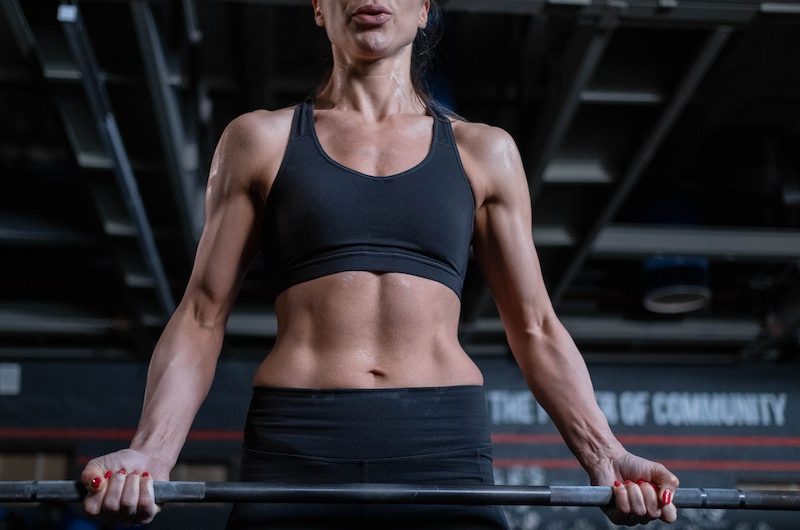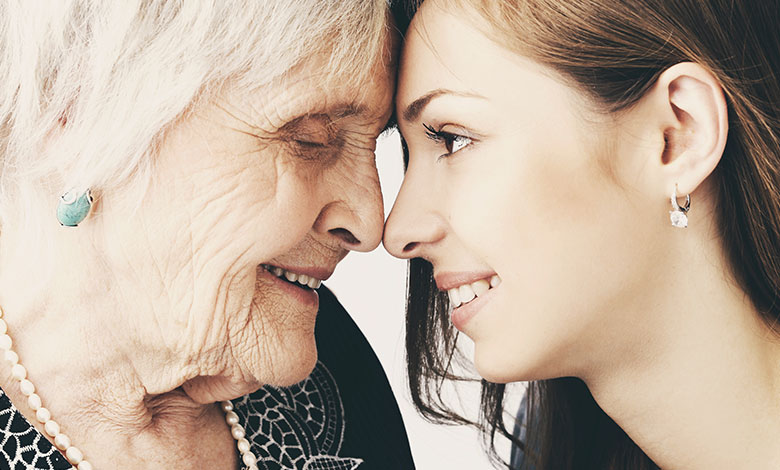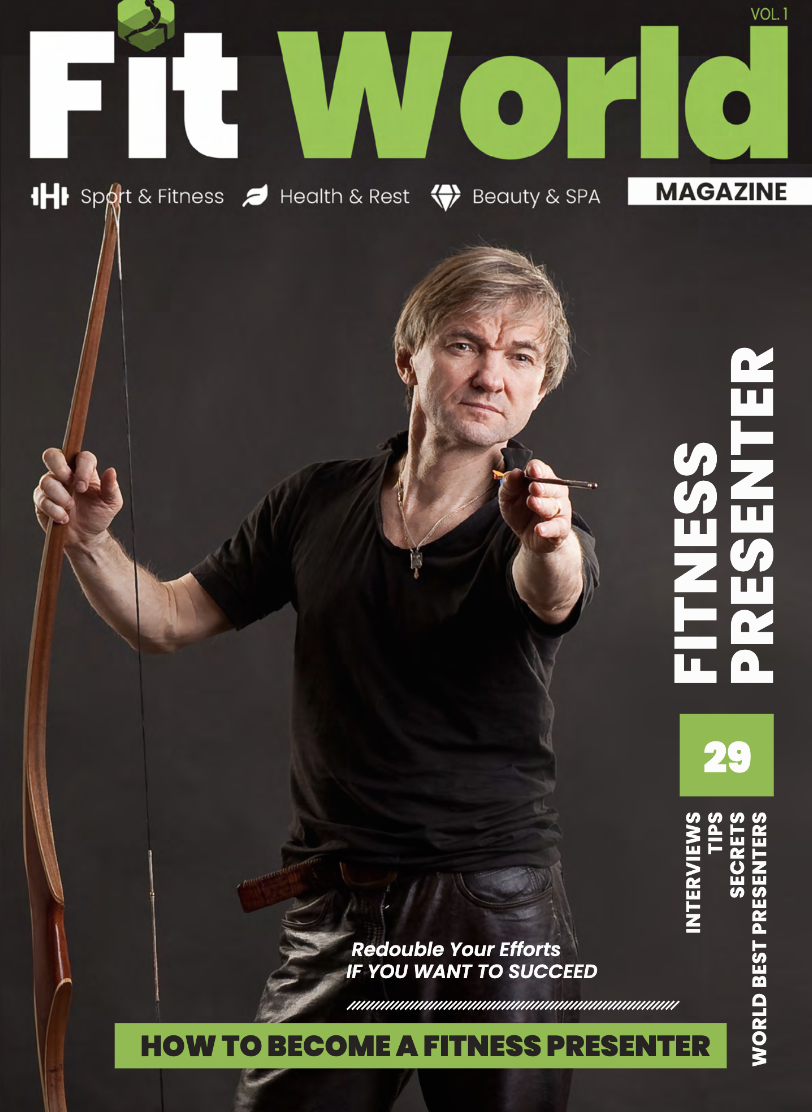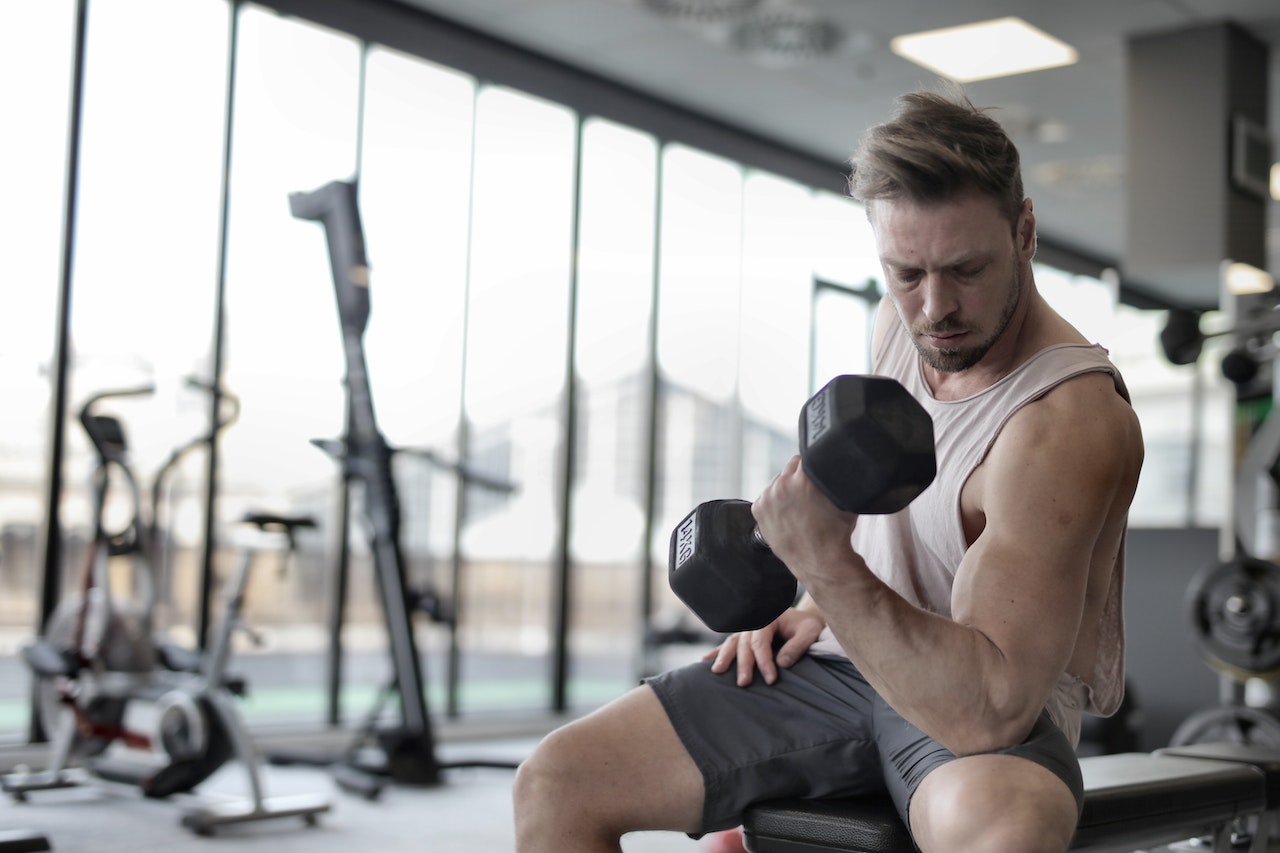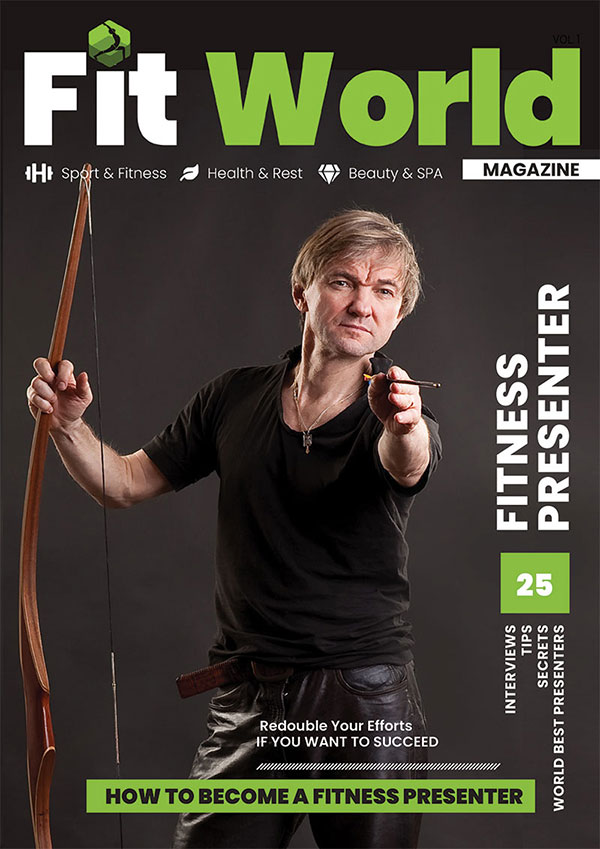IRINA PROKHOROVA
Everyone is searching for the magic ingredient for perfect abs as they struggle to lose the final millimeters of weight around their waist. Various fitness professionals promote their own exclusive workout plans that promise quick results. However, diet and lifestyle are more important than exercises when it comes to success. What are the true components of the ideal abs?
- A 10%–15% caloric deficit.
- Good posture. Even without excess fat, poor posture results in weak abs and a protruding belly.
- Practice breathing properly. Internal organs may move and the abdomen may protrude forward if the diaphragm isn’t strong enough or isn’t functioning properly.
- Strengthening the transverse abdominal muscles, which aids the reduction of the abdominal area.
Everybody has their culinary weaknesses. When someone begins to improve their beauty and self-esteem, they tell themselves, “Starting Monday, I’m going to quit doing anything bad! Only a healthy way of living and good diet! “. Two days later, the enthusiasm has worn off, and the healthy eater decides to reward himself for his efforts with some “forbidden” food. The shame follows, and he starts to think things like, “I don’t have the willpower; I didn’t achieve my goal.

Is willpower necessary to lose weight?
Contrary to what you would think, no, you don’t! When you have to endure something, such as dieting, hunger, or exercising, willpower is required. You must adhere to some behaviors every day if you want to maintain a stable weight and a healthy relationship with food. And willpower won’t assist you at all. Here, a strong sense of purpose and comprehension of the task at hand will be beneficial.
If you are absolutely healthy yet have excess weight, the main cause is a poor relationship with food.
What diet should you follow to lose weight?
You can experiment with a variety of dietary limitations to reduce weight, from divided meals to complete fasting. But you must select a healthful, wholesome, and healthy diet if you want to become a lean and healthy person. Your goals won’t be achieved if you separate your food into good and poor options and eliminate entire food groups. This can also have detrimental effects on your health. Instead of torturing yourself by asking, “What can I eat?” there is a very efficient method.
Separate your meals into those you can consume “more regularly” and those you can consume “occasionally.”
Following the creation of this food range, you will receive the list shown below:
Foods high in carbohydrates that you might eat frequently include:
- Potatoes, corn
- Whole grain bread
- Vegetables and fruit
- Cereals and legumes
Foods high in carbohydrates that you can eat, but not often:
- Fast Food
- Bread products
- Carbonated drinks
- Store-bought desserts
Foods high in protein that you might eat frequently include:
- Eggs
- Beef
- Turkey
- Cottage cheese
- Fish and seafood
Foods high in protein that you can eat, but not often:
- Protein blends as a meal replacement.
- Ready-made meat items (sausages, fatty fried meat)
You should be aware that there is a huge variety of foods you can and should eat. However, there isn’t a single meal that is categorically prohibited. Remember, it’s the quantity of food that affects us, not the kind. Pay attention to your body, take care of it, and provide it the best food possible.

Myths around fitness and nutrition
- You must include a lot of protein and fiber in your diet if you want to reduce weight.
Even when you only consume chicken and cucumbers, you might still gain weight. A calorie surplus, not specific foods, is what causes obesity. Our vitality, cognitive function, and hormone system depend on fats and carbohydrates, thus depriving ourselves of them is a grave mistake.
- A diet of 1,000 calories will quicken your weight loss.
Your lack of health, hair, and nails will be the only things it will help with. The 1,000 calorie limit is for youngsters, not people who participate in sports or exercise!
- After working out, you shouldn’t eat for two hours.
If you’re hungry after a workout, the only thing you should do is eat something! While exercise “traumatizes” our muscles, food aids in their repair and growth. What good is it to starve them first and then train them?
READ MORE... Magazines Cellulite – everything you need to know about it Standing on nails – a way to improve physical and mental health


